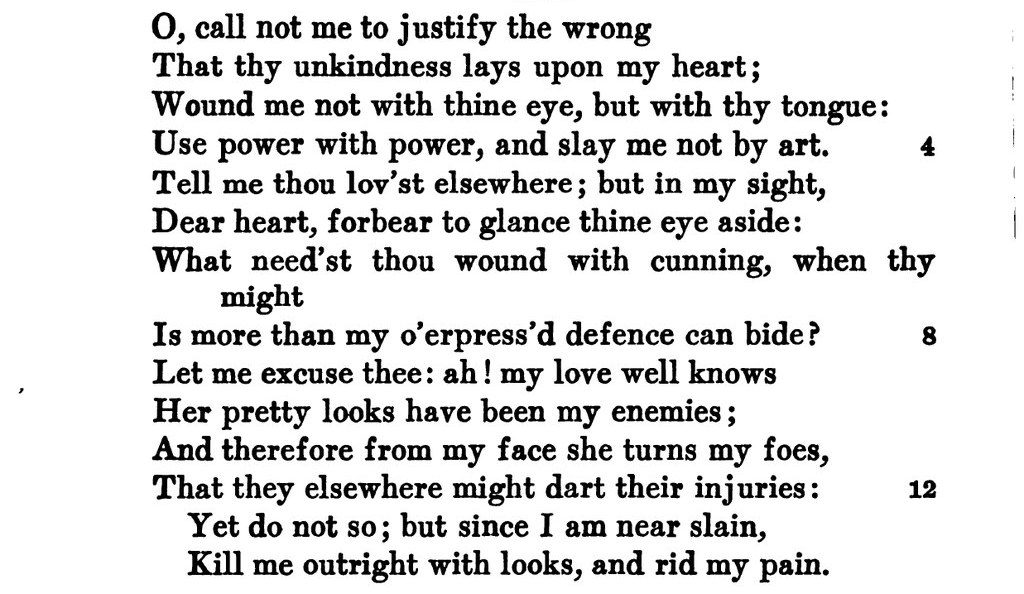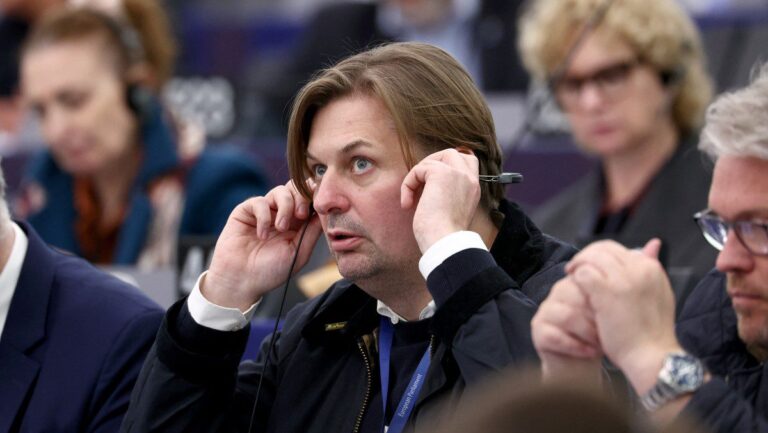University of Salford in Manchester, England, has removed the sonnet form from the exams in its creative writing course. Dismissed as a “product of white western culture,” it has been reduced to a diminished role of merely being taught in the first year of the course, alongside other “pre-established literary forms”—like sestinas.
Over the last few years, universities all over the Western world have been trying to outdo each other with their progressive virtue signaling. This move to “decolonise the curriculum” is merely its latest manifestation in the ‘woke olympics,’ according to a report by The Telegraph.
Teachers of the creative writing module, “Writing Poetry in the Twenty-First Century,” opted to remove an exam section that required students to write in these traditional forms. Instead, the university decided to “simplify the assessment offering choice to write thematically rather than to fit into pre-established literary forms.” As a result, the course will henceforth incorporate “inclusive criteria” to “reflect and cater for a diverse society.” Apparently, this also includes “a choice of assessment methods” that would allow students to be tested “in a way that suits them.”
Historian Zareer Masani called the change “outrageous,” adding that “it is hugely patronising to assume non-White students would be put off by Western poetic forms. Poetic forms vary widely across the world, but good poetry is universal.”
Scott Thurston, leader of the creative writing program at Salford, however, said that the course was “often updated to take account of new trends and development in contemporary writing,” and pointed out that these traditional forms would still be taught in the first year of the course. He added that the curriculum would also invite students to experiment with their “own forms.”
Such a reduction in importance is, however, not unusual. In many other instances of ‘progressive’ educational changes, the subjects in question aren’t removed altogether right away, but instead reduced to a minor role in the curriculum. This not only allows for a good defense against accusations of ‘cancel’ culture, but facilitates waning interest—in this case for the sonnet form—as that which isn’t nurtured will fade into oblivion instead.
Sonnets are among the most established literary forms in Western poetry, with origins dating back to the 13th century. For more than five centuries, since the days of Petrarch and Shakespeare, the sonnet has been regarded as one of the central forms of poetry.





